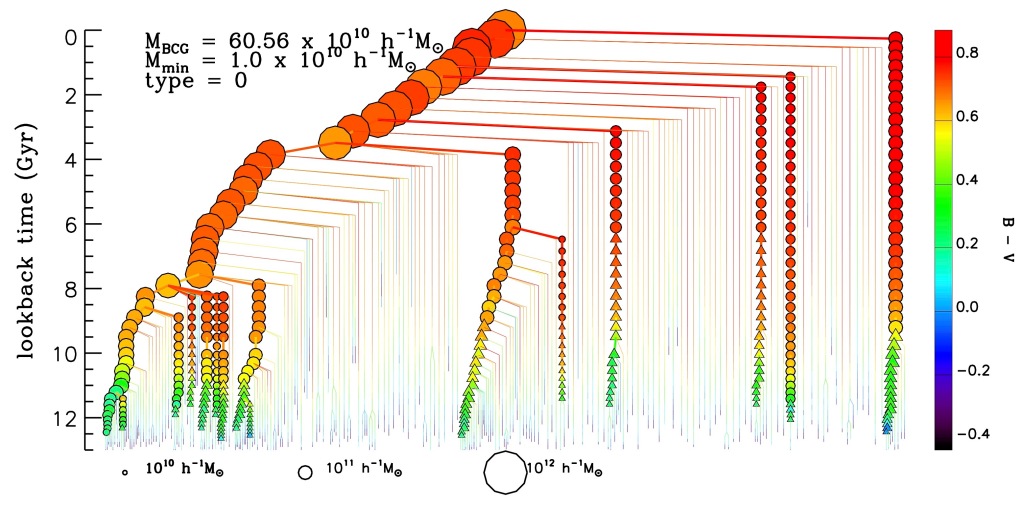
I went on a bit of a twitter bender yesterday about the early claims about high mass galaxies at high redshift, which went on long enough I thought I should share it here. For those watching the astro community freak out about bright, high redshift galaxies being detected by JWST, some historical context in an amusing anecdote… The 1998 October conference was titled “After the dark ages, when galaxies were young (the universe at 2 < z <







